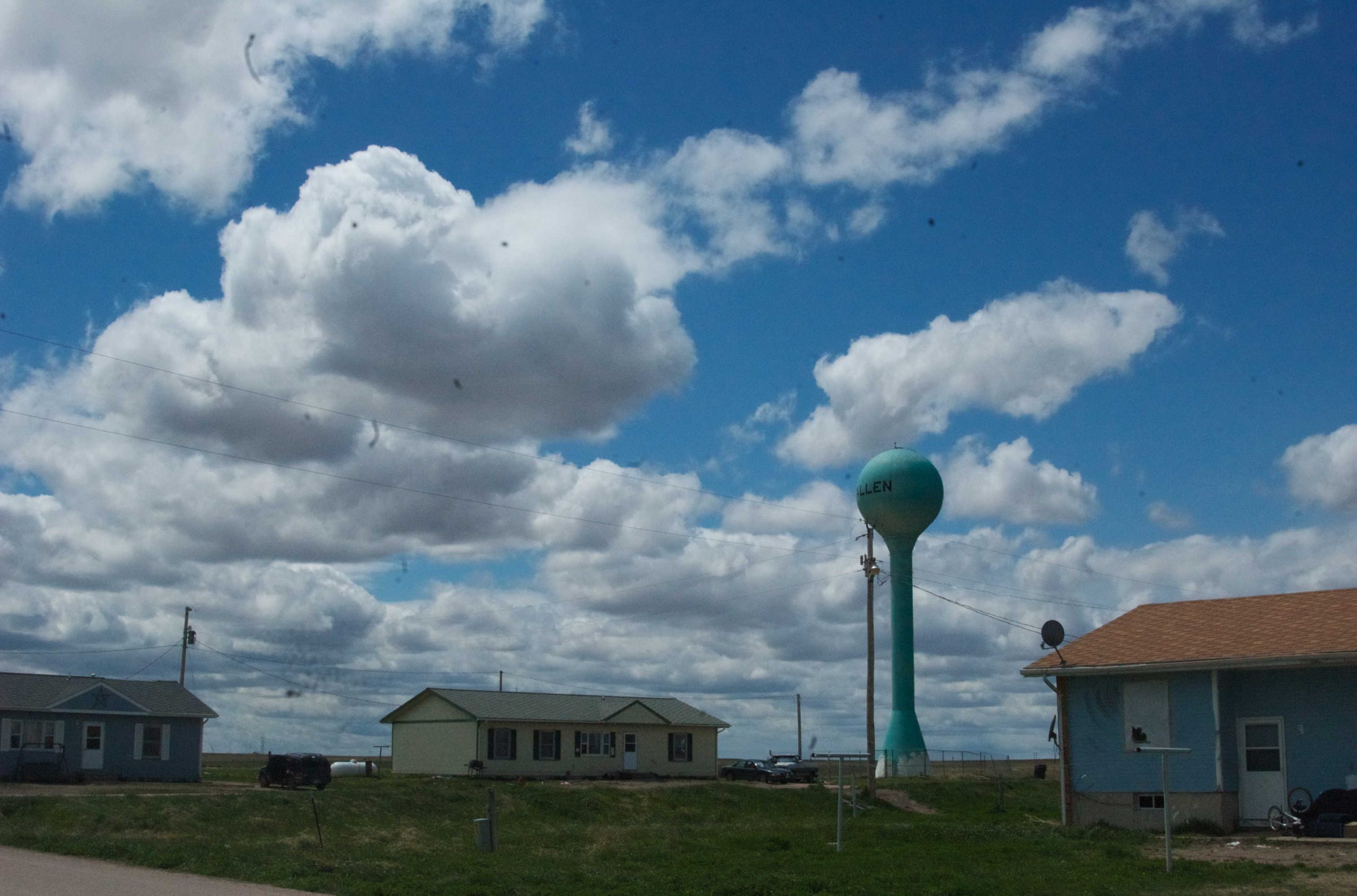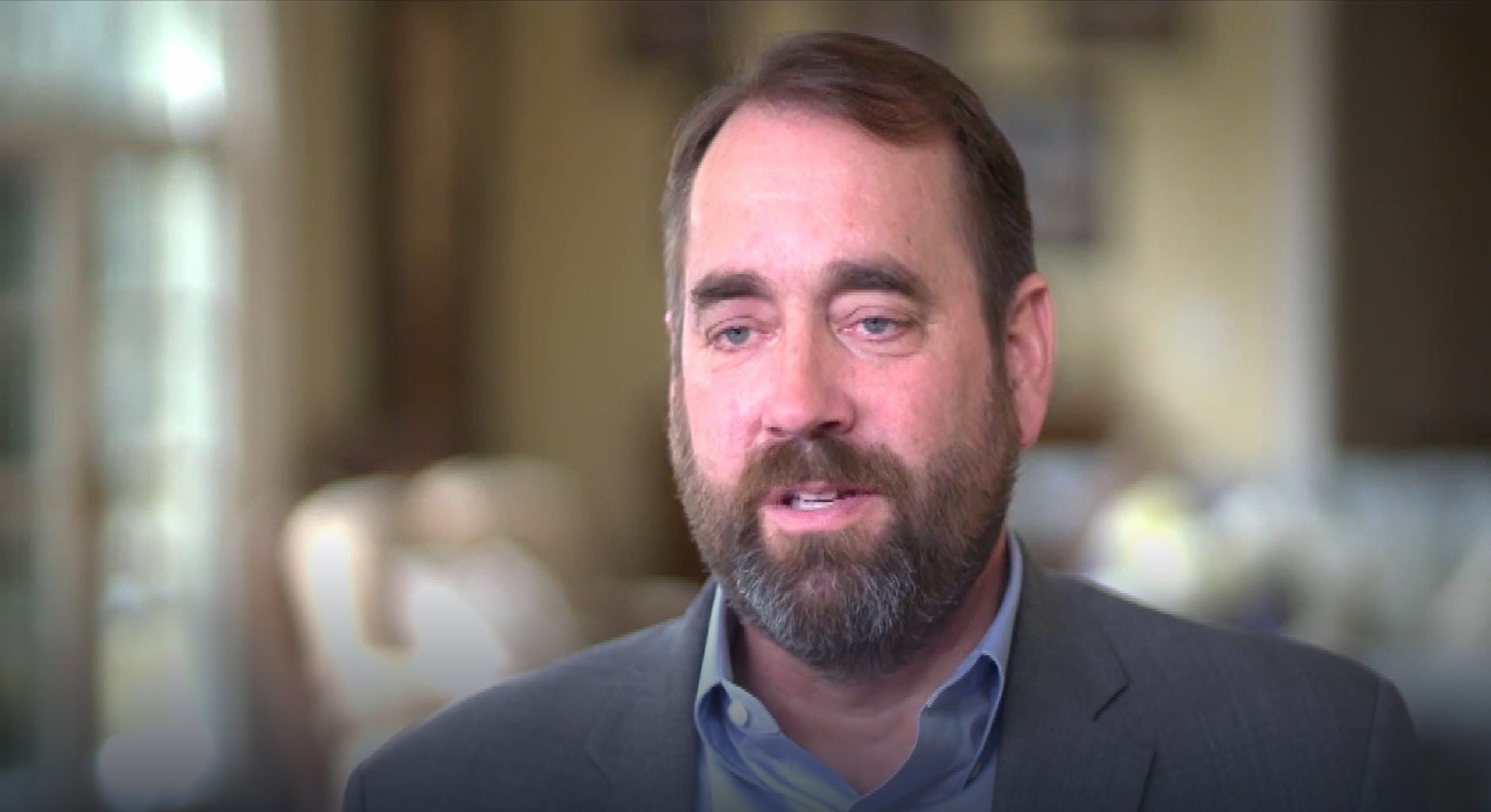Podcast: Play in new window | Download | Embed
Gov. Gavin Newsom (D-CA)’s office is urging the Department of the Interior to block two tribal casino projects it argues are focused less on restoring aboriginal lands and more with expanding gaming into economically desirable markets.
Jacob Resneck reports.
Two Northern California Pomo tribes have proposed separate gaming projects: a 68-acre casino near the Sonoma County airport and a 125-acre casino near the city of Vallejo.
But fellow Pomo tribes running established casinos in the San Francisco Bay Area have urged the projects be denied by the Bureau of Indian Affairs.
Gov. Newsom’s office joined that chorus of naysayers arguing that both tribes lack “sufficient historical connection” to the project sites.
“The governor’s opposition reflects a fundamental misunderstanding of federal law.”
That’s Sam Singer, a spokesperson for the Koi Nation, which has proposed the Shiloh Resort & Casino in northern Sonoma County.
He said the federal Indian Gaming Regulatory Act’s restored lands exemption “was designed precisely to correct historic wrongs that rendered landless tribes just like the Koi and deprived them of opportunities to develop and achieve economic self-sufficiency”
Descendants of both Pomo tribes come from neighboring Lake County, but became landless in the last century under forced assimilation policies that targeted tribal reservations and rescinded federal recognition.
Many California tribes had their status restored in the 1990s.
Andy Mejiais, tribal chairperson of the Lytton Rancheria, has applauded California’s governor push to halt the two casinos proposed by tribes whose descendants come from a neighboring county.
“Allowing tribes to take land in the trust without a historical connection. Sets a dangerous precedence in Indian Country. It opens the floodgate and it will be impossible to close.”
But the history here is complex.
After the Lytton Rancheria had its status restored it worked with Congress in the 1990s to allow the Sonoma County based tribe to build a casino in the industrial city of San Pablo some 60 miles southeast of its traditional lands.
Mejias says a key difference is that his casino was welcomed at the time by city officials whereas these projects have been met with broad opposition by local authorities.
The Bureau of Indian Affairs is accepting public comment on the proposal by the tribes to put the lands into trust that could allow new casinos north of San Francisco.
The comment period closes August 26.

(Courtesy Tipmont REMC)
Some federal incentives to bring internet access to rural communities neglected to require tribal participation, according to a new report.
Kathleen Shannon has more.
The Federal Communications Commission’s 2020 Rural Digital Opportunity Fund awarded over $9 billion to cable and satellite operators, phone companies, and others to deploy broadband in areas lacking it.
A new report from the Institute for Local Self Reliance shows that program included no requirement for Tribal consent or engagement before companies placed bids.
 Author Jessica Auer says that left some Tribes, especially those with their own broadband projects, in what she calls a “bureaucratic boondoggle” that led to “tension and confusion”.
Author Jessica Auer says that left some Tribes, especially those with their own broadband projects, in what she calls a “bureaucratic boondoggle” that led to “tension and confusion”.
“They’re required to spend resources and staff time trying to contest these awards, confronted by outside providers who feel that they have a mandate and a right to build on sovereign tribal lands.”
Auer says not including Tribal Nations at the table is, in many cases, considered a violation of Tribal sovereignty.
According to a 2022 study, households in Tribal areas are about 24% less likely to have access to broadband internet than others.
In some cases, Tribes are able to build these projects themselves.
The Rosebud Sioux Tribe was awarded a $40 million grant to connect over 1,500 Tribal households with fiber internet access and an LTE network.
Get National Native News delivered to your inbox daily and stay up-to-date on the 2024 Native Vote. Sign up for our daily newsletter today.



 The Native American Food Sovereignty Alliance has announced recipients of the 2024 Indigenous Seed Keepers Stipends.
The Native American Food Sovereignty Alliance has announced recipients of the 2024 Indigenous Seed Keepers Stipends.






 In South Dakota, Rapid City Area Schools superintendent Nicole Swigart has been relieved of her duties by the local school board.
In South Dakota, Rapid City Area Schools superintendent Nicole Swigart has been relieved of her duties by the local school board.

